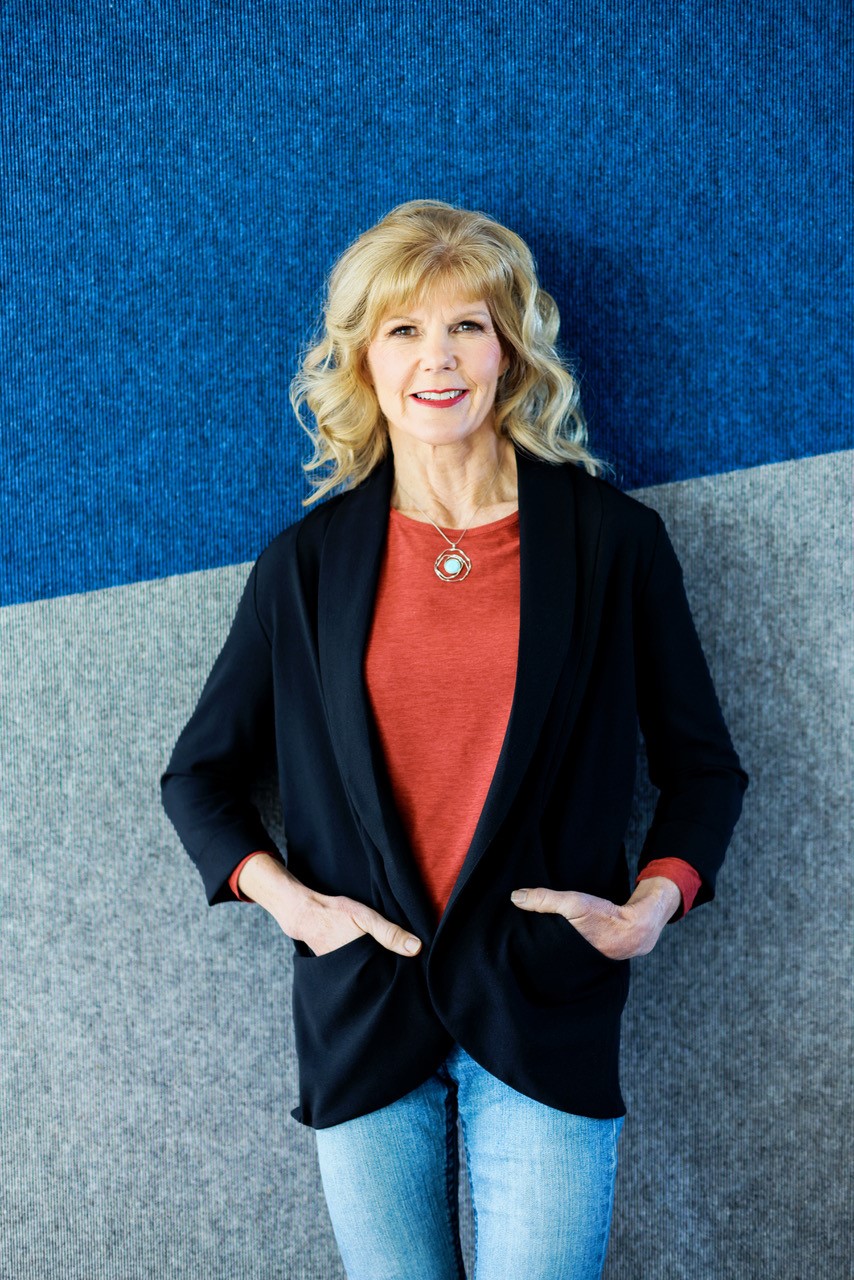He never received any help, however, because that official diagnosis didn’t come about until 1992.
When it did, millions of kids were diagnosed as such. The neurological condition was so negatively perceived that in the late 1990s, the autistic Australian sociologist Judy Springer coined the term neurodiversity to make a revolutionary point: that everyone’s brain develops differently. Rather than look in horror upon cognitive differences, we should foster everyone’s capacity for seeing the world in a new way.
That concept seems like a necessity considering that one in 20 people worldwide — or 350 million — has one of a dozen neurodiverse conditions, which include developmental disorders; learning disabilities; mental illnesses; and physical challenges.
As I watched those high schoolers pass by, I realized what I want most: for neurodiversity to be as accepted and appreciated as the visible variations in human form.
By accepting that neurodiversity is just another facet of diversity, I came to understand my dad better. And rather than look at those in my community as either normal or not, I instead focus on the constant flush of new ideas, make more effort to understand others, and am more hopeful than ever that neurodiverse thinking is what will help solve our most dire world problems.
With a Perspective, I’m Martha Engber.
Martha Engber is a Bay Area writer who wrote a memoir about her neurodiverse family.
